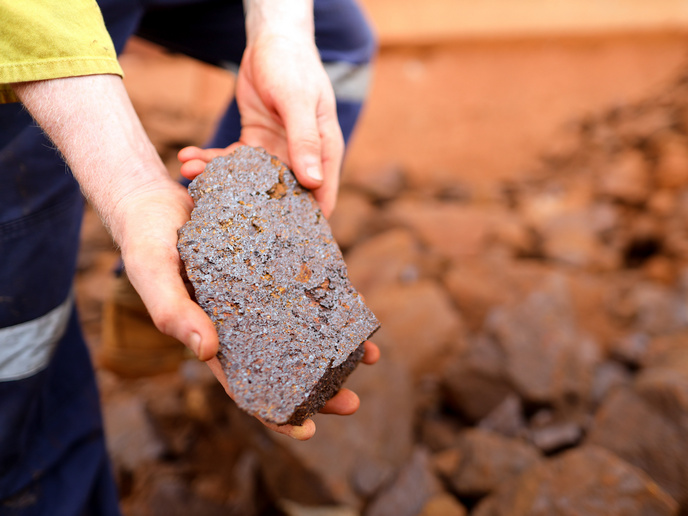Innovative technologies strengthening the European raw materials production
Europe relies on the global importation of some of the building blocks that support modern life. These critical raw materials (CRMs), which combine high economic importance with high supply risk, are needed for the manufacture of batteries, construction tools, sensors, and electronic and medical devices. CRMs are vital to strategic sectors such as the net-zero and digital industries, as well as the aerospace and defence sectors. Demand is at an all-time high and is forecast to continue rising due to the green and digital transitions. For example, EU demand for lithium, which is used in batteries for electric vehicles and energy storage, is predicted to increase twelve-fold by 2030.
Risks to vital supply chains
However, the supply of CRMs is threatened by growing geopolitical, environmental and social challenges. Crucially, the EU faces dependency issues for several CRMs, such as lithium and rare earth elements, with often more than 90 % of EU supply coming from a single third country. In addition, COVID-19 related disruptions to supply chains, the shortage of microchips, and the energy crisis following Russia’s invasion of Ukraine all demonstrate the risks posed to the EU’s economy and security by overdependence on the external supplies of strategic inputs. Europe must ensure its own reliable supply of affordable and responsibly sourced CRMs to meet its net-zero 2050 target and achieve resource security for its strategic sectors.
Promoting access and sustainability
The goal of the European Critical Raw Materials Act is to secure the EU’s supply by strengthening all stages of the European CRM value chain. The Act also addresses the need to protect the environment by improving the circularity and sustainability of CRMs. This CORDIS Results Pack showcases 10 projects funded under the Horizon programme that developed innovative clean, sustainable solutions for processing, refining, recovering and recycling of raw materials and byproducts. These initiatives contribute to the objectives of the European Critical Raw Materials Act by reducing dependency on imported CRMs and developing more sustainable and circular supply chains. The SEA4VALUE project extracted precious minerals from concentrated brine left over from the desalination of seawater. SEArcularMINE recovered energy, CRMs and other trace elements from waste brines in Mediterranean saltworks. AlSiCal produced silica, alumina and calcium carbonate from anorthosite rock, with zero waste and net-zero CO2 emissions. BIORECOVER and RAWMINA developed new processes for the sustainable biorecovery of CRMs from industrial and mining site waste. PEACOC recovered precious metals from end-of-life products like printed circuit boards, autocatalysts from cars, and photovoltaic (PV) panels. The BlackCycle project created new tyres from those at end-of-life. ICEBERG used recovered building materials to develop innovative building products with a high recycled content. Meanwhile, SUNRISE produced a multi-sensor sorting tool to separate and purify polyvinyl butyral, a widely used plastic material found in car windshields and building windows, and PHOTORAMA developed innovative recycling solutions to recover and reuse components from end-of-life PV panels. The results of these projects will enable the EU to stay competitive and prosperous and maintain its position as a global leader in the transition into a low-carbon circular economy.



